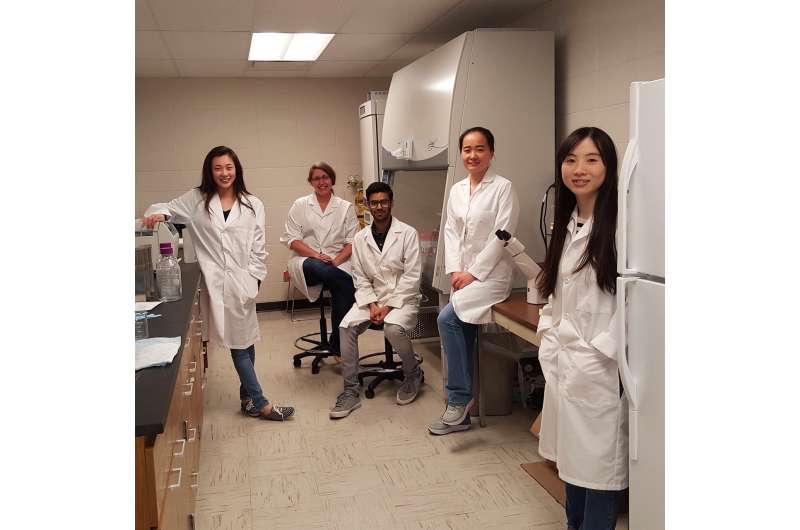Unraveling genetic risk factors for Alzheimer's disease

The strongest genetic risk factor for Alzheimer's disease may impair the brain's ability to convert its primary fuel source into usable energy, finds a study of female mice published in JNeurosci. The research suggests therapeutic strategies that promote brain energy conversion in risk gene carriers could help to reduce risk or delay onset of the disease.
Approximately 20 percent of people produce a version of human apolipoprotein E called ApoE4, which increases their risk of developing Alzheimer's disease, while the five percent of people who produce the rare ApoE2 appear to show some protection against Alzheimer's.
Liqin Zhao and colleagues explored the influence of these ApoE variations—in addition to the most common ApoE3 that does not confer risk for or protection against Alzheimer's disease—on the chemical reactions that transform glucose and ketone bodies into the form of energy used by cells. The brains expressing the three types of proteins handled the process differently, which may underlie their distinct effects on Alzheimer's risk and protection. While the ApoE4 brains struggled to use glucose, they appeared to utilize ketone bodies—the brain's secondary fuel source—to compensate for the energy deficiency.
More information: Long Wu et al, Human ApoE Isoforms Differentially Modulate Brain Glucose and Ketone Body Metabolism: Implications for Alzheimer's Disease Risk Reduction and Early Intervention, The Journal of Neuroscience (2018). DOI: 10.1523/JNEUROSCI.2262-17.2018



















